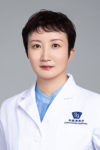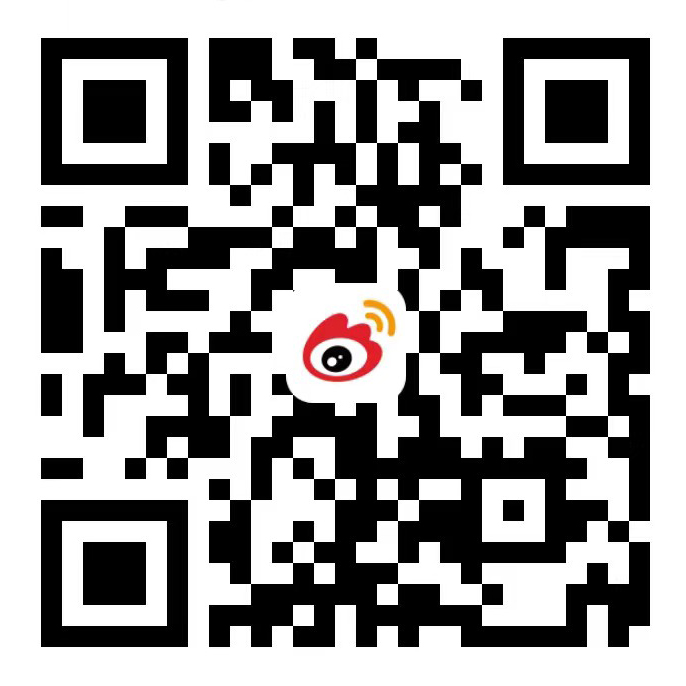
 Eye Clinic
Eye Clinic
The Department of Ophthalmology at Beijing United Family Integrative Hospital is composed of ophthalmologists with rich clinical experience, including glaucoma and cataract experts, retinal disease experts, and pediatric ophthalmologists. We can provide you with one-stop ophthalmic services. We have been performing ophthalmic surgeries for over 10 years, including cataract, glaucoma, vitreoretinal surgery, strabismus surgery, pediatric lacrimal duct probing, orbital tumor surgery, orbital wall fracture repair, and ophthalmic plastic surgery.
OUR CLINICIANS
Service Scope
Our Ophthalmology Department offers routine eye examinations and provides screening, diagnosis, treatment, and surgical services for various eye diseases such as refractive errors, conjunctivitis, dry eye syndrome, cataracts, glaucoma, and strabismus.
Some eye diseases (such as glaucoma and diabetic retinopathy) have no symptoms in the early stages and are usually only discovered in later stages. This can make treatment more difficult. Therefore, routine eye examinations are important for early diagnosis and treatment. Early detection and timely treatment can often slow down or even reverse the progression of the disease.
Ophthalmic examinations include:
- Visual acuity test
- Intraocular pressure measurement
- Eye position and eye movement assessment
- Visual field testing
- Slit-lamp examination of the anterior segment
- Pupillary light reflex test
- Fundus (retina) examination
- Quantitative analysis of tear film lipid layer thickness and blink analysis
- Analysis of the anterior segment
Features
How often do you need an eye exam?
0-2 years old
Make sure your child has an eye screening during a routine pediatric physical. Children in this age group need to be checked for strabismus, amblyopia, and childhood myopia.
3-16 years old
Usually children can accurately cooperate with eye examinations from the age of 3, and from that age on they should have an annual eye examination.
17-39 years old
If you have a family history of eye disease or trauma, you should have a detailed eye examination in time. People with high myopia should have an annual eye examination including mydriasis.
Adults and the elderly
The elderly are prone to age-related eye diseases. People in this age group should pay attention to common ophthalmic symptoms such as vision changes, eye pain, flash and floating objects, visual distortion, dry eyes, as well as itching and burning sensations. To monitor vision changes, it is important to have regular eye exams after the age of 40.
High-risk groups
If you are at higher risk for eye disease due to diabetes, high blood pressure, a family history of eye disease (glaucoma, age-related macular degeneration, etc.), or are taking medications that can cause eye disease, such as hormones, regular eye exams are important.
Eye diseases that can’t be waited on before seeking medical help
- Retinal detachment
- Acute angle-closure glaucoma
- Central retinal artery occlusion
- Keratitis
- Ischemic retinopathy












